
Meanwhile, the inventory of Shanghai-listed Sinomach Automobile Co, a dealer that focuses on selling imported cars, rose by 516.5 percent to 12.3 billion yuan ($2 billion) at the end of September from January 1, 2012, according to the company's third-quarter financial report.
High inventories have led to a sharp rise in operating expenses for the auto dealers. Pang Da, Wuhu Yaxia, Zhejiang Yuantong and Sinomach reported that their financial expenses rose from January to September 2012 by 129.8, 17.4, 43.9 and 1,081 percent respectively.
"The increase in corporate financial expenses may be related to expansion in the companies' operations, but rising financial expenses are a common problem in the industry," Luo of CADA wrote in an article posted on December 21 by China Automotive Information Net (auotoinfo.gov.cn), a government-owned industry website.
The slow sales have also led to price competition, further exacerbating the difficult situation for the auto dealers. One of the reasons why the CADA inventory index fell back to safer territory in November was because the dealers had offered year-end promotions and discounts in order to boost sales, the association said.
According to US-based auto market information provider JD Power, the percentage of loss-making dealerships in China rose to 49 percent in the first half of 2012 from 6 percent in 2009, China Times reported.
Curbs hurt dealers, buyers
Luo of CADA said that most dealers complained that times were harder in 2012 than in 2008, when the government released a series of consumption stimulus policies to lessen the impact of the global financial crisis on China.


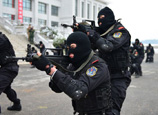
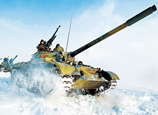
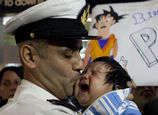
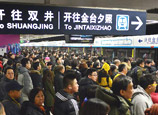
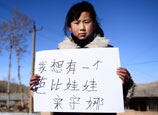

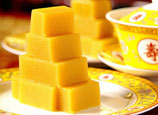
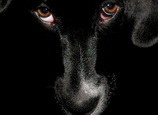






 Busiest line in Beijing: Subway line 10 has reached a daily transportation of 1 million passengers on average
Busiest line in Beijing: Subway line 10 has reached a daily transportation of 1 million passengers on average


![]()
